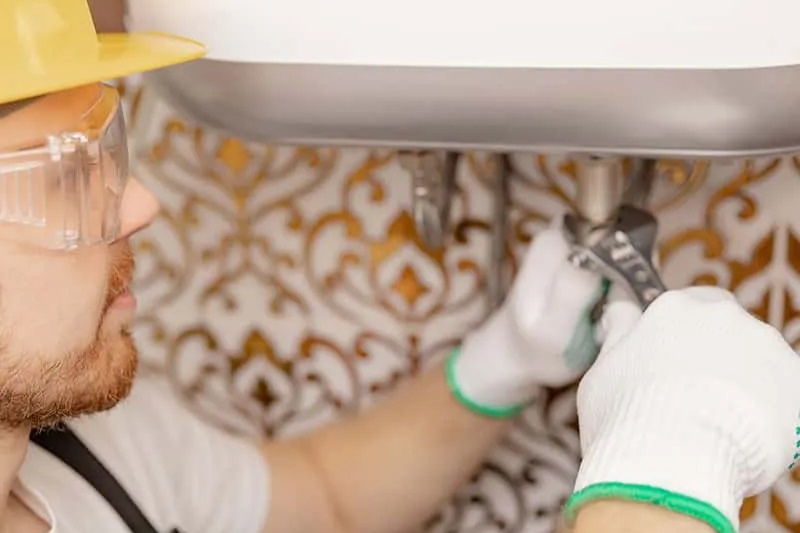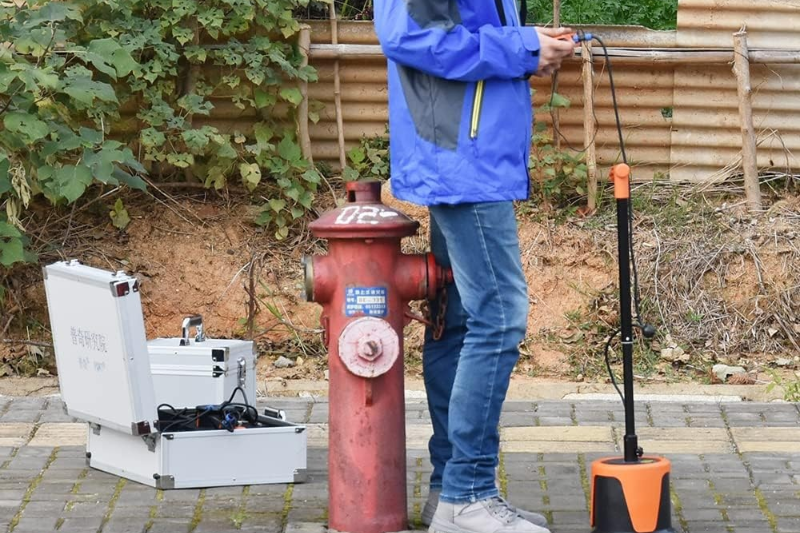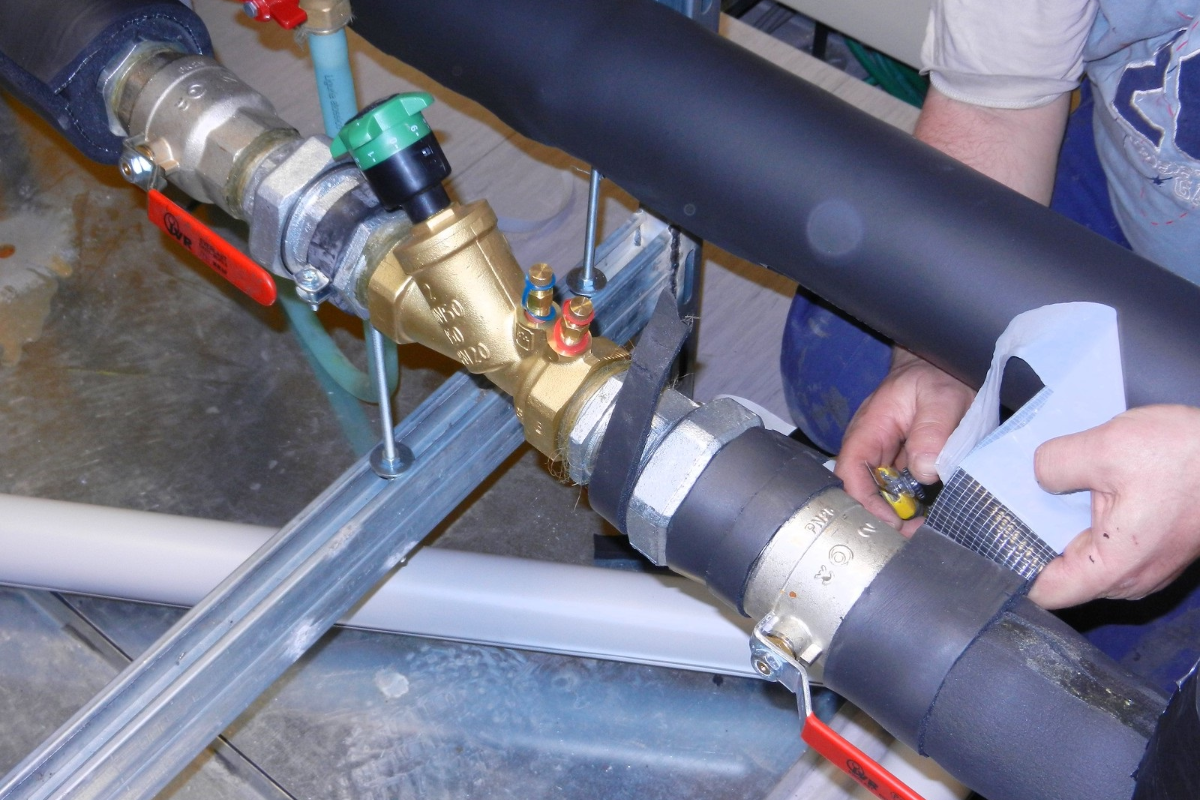Table Of Contents
Energy efficiency is required in modern home design, significantly impacting environmental sustainability and household costs. While many homeowners focus on insulation and energy-efficient appliances, the role of plumbing in enhancing energy efficiency is often overlooked.
When designed and maintained correctly, plumbing systems can significantly reduce energy consumption. The correct plumbing solutions, from efficient water heating systems to water-saving fixtures and innovative plumbing technologies, can make a substantial difference. This article explores how various plumbing strategies can enhance your home's energy efficiency, providing economic and ecological benefits.
Water-saving fixtures and appliances
Incorporating water-saving fixtures and appliances is crucial for enhancing home energy efficiency. Low-flow toilets, faucets, and showerheads are designed to reduce water consumption without compromising performance.
These fixtures use advanced technology to maintain pressure and flow rates while significantly lowering water usage. By reducing the amount of hot water used, these fixtures also decrease the energy needed to heat water. For example, a low-flow showerhead can cut water use by 40% or more, directly reducing the energy required for water heating.
Energy-efficient dishwashers and washing machines are created to use less water and operate at lower temperatures, contributing to energy savings. Embracing these water-saving solutions conserves precious resources and leads to substantial price savings on utility bills.
Insulating plumbing pipes
Properly insulating plumbing pipes is crucial in maintaining energy efficiency within a home. Insulation helps preserve the temperature of hot water as it travels from the heater to the tap, reducing the energy needed to reheat water that has cooled in transit.
.webp)
Importance of proper insulation for plumbing pipes
Uninsulated pipes are vulnerable to heat loss, which forces the water heater to work harder and consume more energy to preserve the desired water temperature. By insulating your pipes, you create a barrier that minimises heat exchange with the surrounding environment, guaranteeing that hot water stays hot and cold water stays cold.
How pipe insulation helps in maintaining water temperature
Insulating hot water pipes ensures that the water remains at a consistent temperature as it moves through your plumbing system. This means you don't have to wait as long for hot water to reach your faucet, reducing water waste and energy usage. On the other hand, insulated cold water pipes prevent condensation, which can usher in mould growth and other moisture-related issues.
Benefits in terms of power conservation and cost reduction
The energy conservation benefits of pipe insulation are significant. Insulated pipes can reduce heat loss and lower water heating costs by 4-9%. This not only results in lower power bills but also extends the lifespan of your water heater by reducing the demand placed on it.
In the long run, pipe insulation is cost-effective and pays for itself through energy savings and improved system efficiency. Proper pipe insulation is a simple yet effective way to enhance your home's energy efficiency, providing immediate and long-term benefits.
Regular maintenance and leak prevention
Regular maintenance and proactive leak prevention are integral to maintaining a home's plumbing system's energy efficiency. Even small leaks can lead to influential water and energy wastage, making routine inspections and timely repairs essential.

Role of regular plumbing maintenance in energy efficiency
Consistent plumbing maintenance ensures that all system components function optimally. This includes checking for and repairing leaks, inspecting fixtures, and ensuring that water heaters and other appliances operate efficiently. Regular maintenance helps pinpoint potential issues before they become major problems, thus preventing energy loss and costly repairs.
Impact of leaks on water and energy wastage
Leaks, even minor ones, can substantially impact water and energy consumption. A single dripping faucet can destroy hundreds of gallons of water annually. In contrast, leaks in hot water lines lead to unnecessary energy usage as the water heater works overtime to replace lost hot water. Addressing leaks promptly prevents this wastage and contributes to overall energy efficiency.
Tips on identifying and addressing leaks promptly
- Visual Inspections: Regularly check visible pipes, faucets, and fixtures for any indications of dripping or pooling water.
- Monitor Water Bills: An unexplained growth in water bills can indicate a hidden leak.
- Test Water Metre: Turn off all water sources and observe the water metre. If it continues to move, there's likely a leak somewhere in the system.
- Listen For Sounds: Hissing or dripping sounds can signal a leak when water is unused.
- Professional Inspections: Schedule regular examinations with a professional plumber to catch and address hidden leaks and other potential issues.
Smart plumbing technology
Smart plumbing technology has revolutionised how homeowners manage their systems, offering significant energy efficiency and convenience advancements. These innovative solutions utilise cutting-edge technology to optimise water usage, prevent leaks, and reduce energy consumption.

Introduction to smart plumbing devices
Smart plumbing devices, such as smart water heaters, leak detectors, and water usage monitors, are designed to provide real-time data and control over your plumbing system. These apparatuses can be easily integrated into a home's infrastructure and are often controlled via smartphone apps, allowing homeowners to monitor and govern their water usage remotely.
How technology enhances energy efficiency and convenience
Smart water heaters
These devices learn your household's hot water usage patterns and adjust heating schedules accordingly, ensuring that hot water is available while minimising energy use during low-demand periods. Some models even allow for remote temperature adjustments, providing further control over energy consumption.
Leak detectors
Smart leak detectors are placed strategically in your plumbing system to detect leaks early. They alert your phone if a leak is detected, enabling swift action to prevent water damage and reduce wastage. Some advanced models can even shut off the water supply automatically when a leak is noticed.
Water usage monitors
These devices track your household's water usage in real time, providing insights into consumption patterns and identifying areas where water and energy savings can be achieved. By understanding your water usage, you can make informed decisions to reduce waste and sweeten efficiency.
Future trends in plumbing technology
The future of plumbing technology promises even more significant advancements in energy efficiency and sustainability. Emerging trends include the development of smart fixtures that adjust water flow based on usage patterns, greywater recycling systems that repurpose wastewater for non-potable uses, and integrated home automation systems that synchronise plumbing devices with other smart home technologies for optimal efficiency.
As these technologies evolve, homeowners have exciting opportunities to enhance their plumbing systems' efficiency, reduce power consumption, and contribute to a more sustainable future. Embracing smart plumbing technology provides immediate convenience and cost savings and aligns with eco-friendly living trends.
Sustainable plumbing materials
Using sustainable plumbing materials effectively boosts a home's energy efficiency while contributing to environmental conservation. These materials are designed to be durable, reduce waste, and minimise environmental impact.
Eco-friendly plumbing materials, such as PEX (cross-linked polyethylene) and copper, offer significant advantages over traditional options. PEX, for instance, is flexible, resistant to scale and chlorine, and can handle both hot and cold water, reducing the need for additional insulation and thereby saving energy. Copper is naturally resistant to bacteria and corrosion, ensuring a longer lifespan and diminishing the frequency of replacements.
Sustainable materials like recycled or reclaimed water systems can drastically reduce water waste. These systems repurpose greywater from sinks, showers, and laundry for irrigation and flushing toilets, reducing the demand for fresh water and the energy needed to treat and pump it.
The long-term benefits of sustainable plumbing materials include lower energy consumption, reduced environmental impact, and enhanced durability. By opting for these eco-friendly solutions, homeowners can significantly improve their home's energy efficiency while supporting broader sustainability goals. Embracing sustainable plumbing materials is a wise investment in our planet's present and future well-being.
Support a sustainable planet with energy-efficient plumbing
Efficient plumbing enhances home energy efficiency and offers substantial economic and environmental benefits. Homeowners can significantly reduce power consumption and utility costs by adopting modern water heating systems, water-saving fixtures, proper pipe insulation, and smart plumbing technology.
Regular and professional maintenance and the use of sustainable materials further ensure long-term efficiency and sustainability. Embracing these strategies delivers immediate savings and contributes to a greener future. Prioritising efficient plumbing solutions is an intelligent investment in your home's energy performance and environmental impact.






